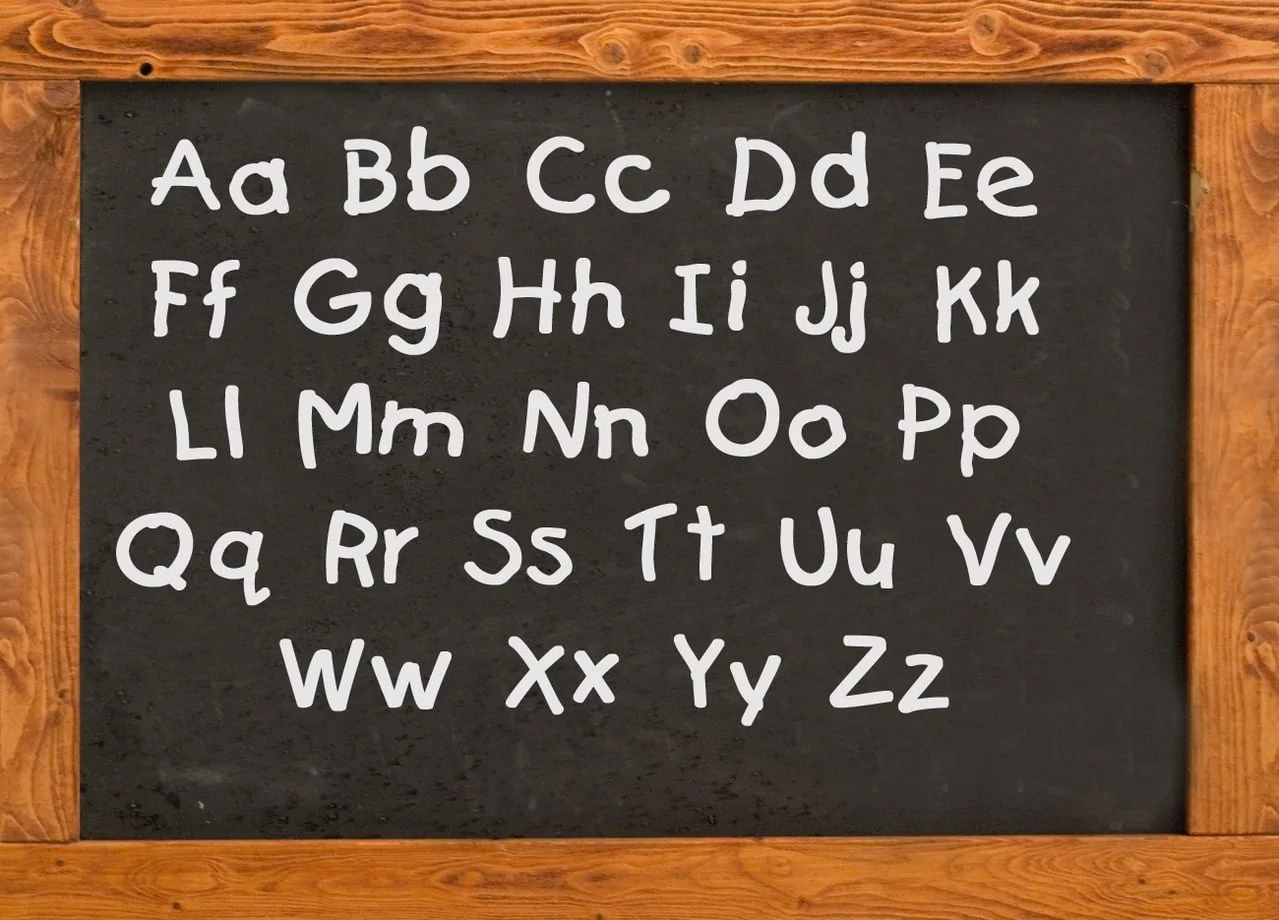Thanks to the wonders of the digital age, our children have probably less exposure to hard currency than any generation before. Pocket money is often paid by bank transfer the same as earnings from a Saturday Job and they watch us pay for things with the magic plastic pretty much every day.
With this in mind, it is more important than ever for children and young people to understand how money works and set them on the right track financially from an early age. Children are taught very little about this in school, and, as parents, you can really help them get on the right track to build good habits, and avoid them ending up with debt problems later in life.
Lesson 1 – If you don’t have it, you can’t spend it
Small children love to count coins – and will often empty a money box to count the contents and love to tell everyone they meet how much money they have. On top of the odd coins given by grandparents every so often we give our son 5p coins, he finds them an easy number to add up, and it gets rid of the little annoying coins that weigh our pockets down. He will offer to help out family members and friends by offering to take them off their hands to add to his collection, causing much amusement.
As the amount in the money box grows it gives you the opportunity to talk about what you can buy with it, toys / magazines / sweets and the idea that you need to save for bigger purchases. If you explain that he can spend £1 on a bouncy ball, but then he will have less in the box to go towards the nerf gun, he can start to make choices. When you go to a shop and he pesters you for something, ask him if he has enough at home to get it, and either bring him back tomorrow for it, or buy it and then get him to give you the money when he gets home.
If he doesn’t have enough, show him how much more money he needs and then come up with a plan to ‘earn’ a bit extra – even small children can be quite helpful around the house if they feel a financial reward may result. For bigger purchases it may be more appropriate to get him to save up half and then match his savings – but that depends on your family present/ spending budget.
Older children (secondary school and up) should have a weekly or monthly pocket money allowance, and be clear what they are expected to buy from it. They need to understand that if it all gets spent on sweets in the first week, that they won’t then have money to go to the cinema with their friends next week and that they need to make choices. This will only work if you hold your guns and refuse to sub them except in emergencies – there is no point them having money to spend if they can fritter it and still come running to you for more.
If you repeatedly bail them out, they will expect you to do so as an adult, and if you won’t / can’t they will often resort to credit card spending, building up debts by spending more than they can really afford, because they haven’t had to make choices about how to spend their money.
See also:
Lesson 2 – Free money is brilliant!
Lesson 3 – You will always have more than some people do, and less than others
Later in the year, we’ll be running our money workshops for teens – please let us know if you’d like to be added to the waiting list.


